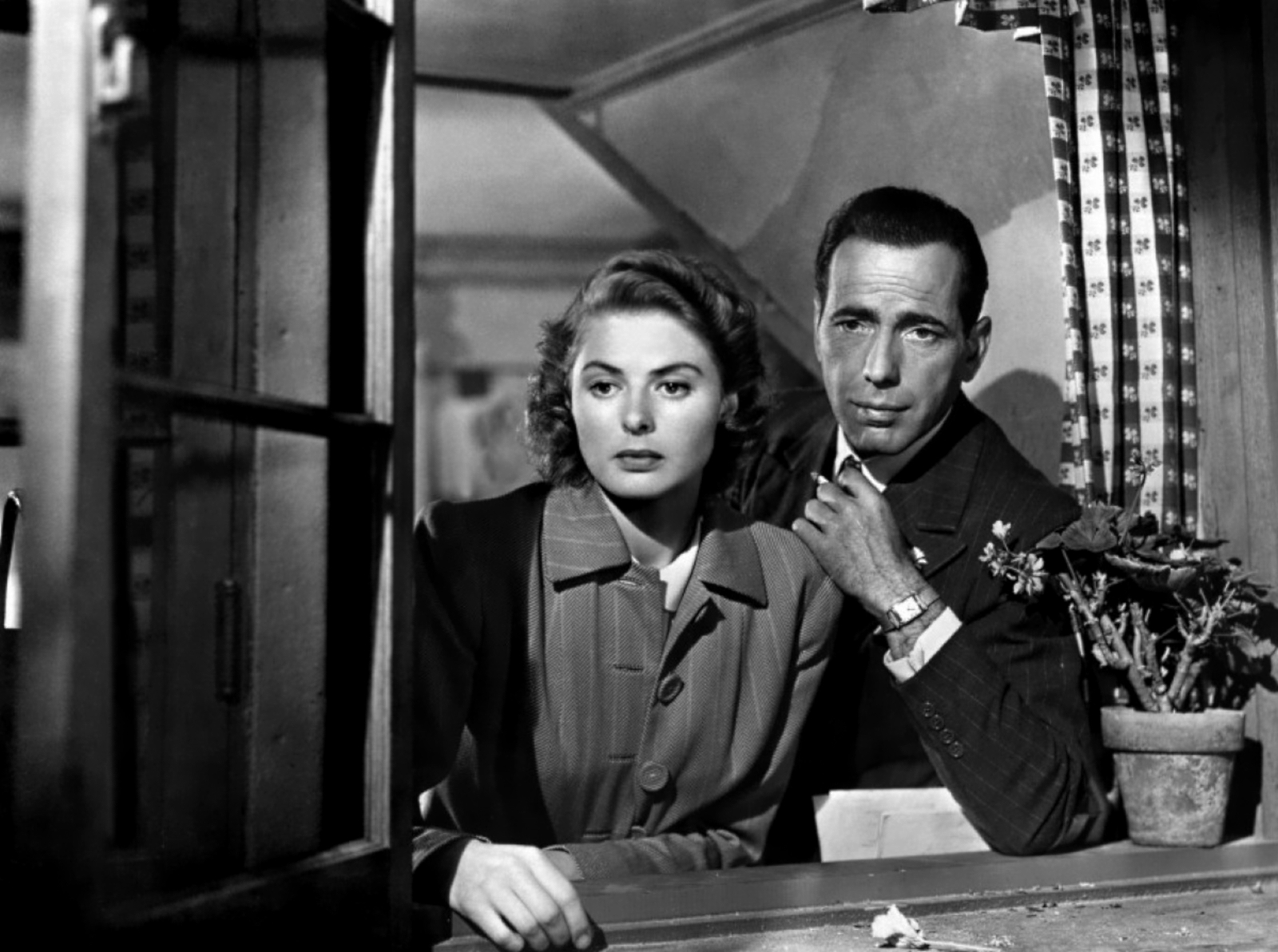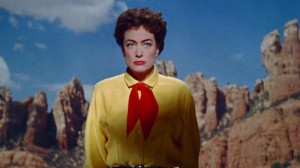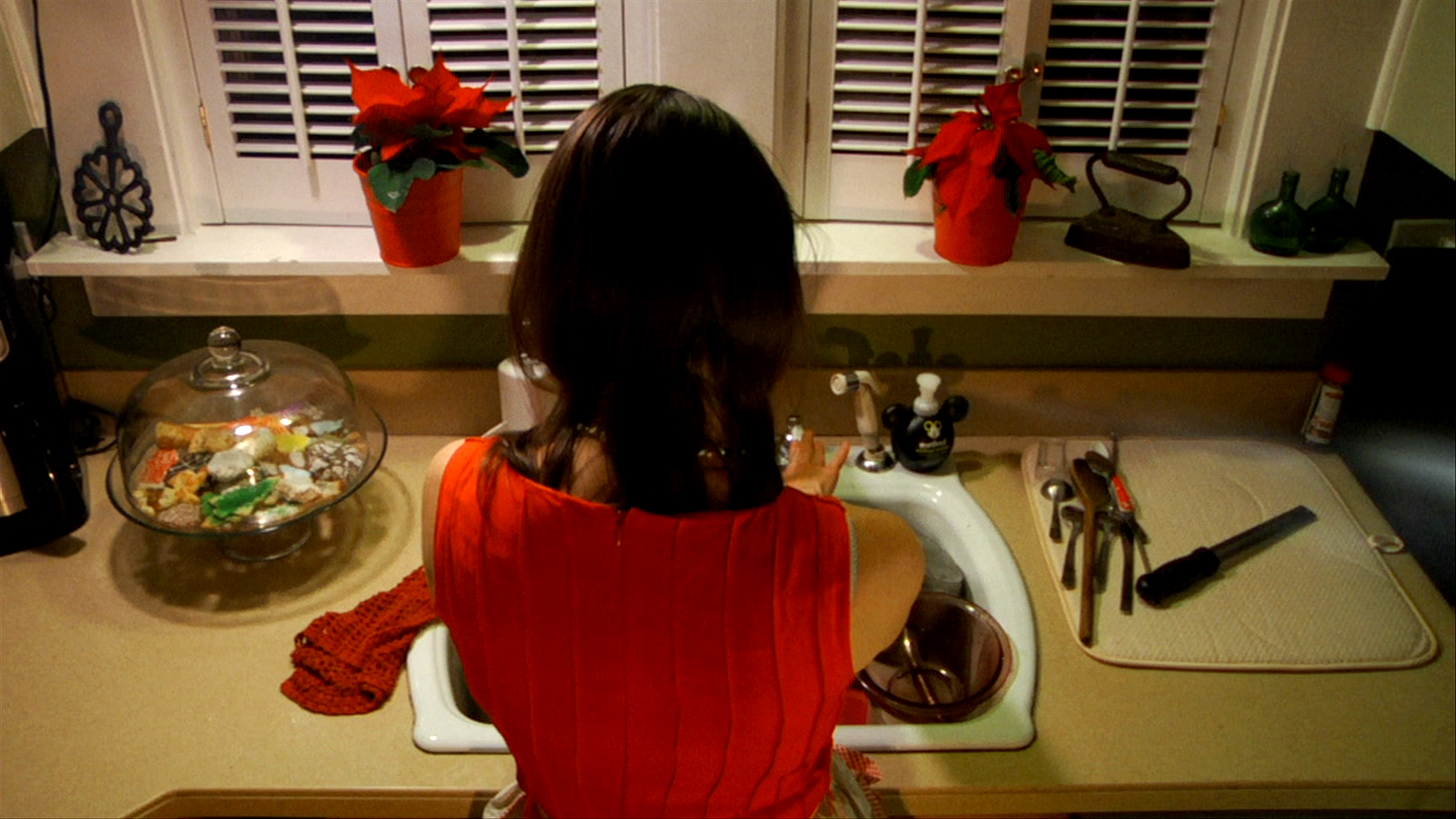Casablanca – President’s Pick! Free Admission.
Directed by Michael Curtiz (U.S. 1942) 102 min. DCP. With Ingrid Bergman, Humphrey Bogart, Paul Henreid.
Bucknell President John C. Bravman selected this iconic American film to kick off the 2014-2015 Film/Media Series season. Casablanca’s stellar cast, “impudent wit and doomed romanticism, all of it held together by voluptuously emotional anti-fascist sentiment”(David Denby, The New Yorker) earned its status as one of the best loved films in the history of American cinema. Co-presented with the Bucknell Community Engagement Fund. Introduced by Bucknell President John C. Bravman.
TOP OF PAGE
Tuesday, September 9 at 7pm

Exhibition
Directed by Joanna Hogg (UK 2014) 104 min. DCP. With Liam Gillick, Tom Hiddleston, Viv Albertine.
A married couple decide to sell the beautiful modernist house they have loved and lived in for two decades, and the upheaval brings anxieties to the surface, especially for wife and performance artist D (Albertine), who struggles to control the personal and creative aspects of her life with H (Gillick), who is also an artist. Hogg’s treatment of the house, its distinct sounds and architecture fusing with the characters’ interior landscapes (their silences, conflicts, dreams and desire) is precise, elegant, labyrinthine and intensely intimate.
“An exquisitely crafted and thrillingly ambiguous chamber drama.” – Paul Dallas, Cinema Scope
“Beautifully shot with an acute eye for crisp composition, this intimate mood piece explores the subtle intricacies and low-level power struggles of long-term love in forensic detail.” – Stephen Dalton, Hollywood Reporter
TOP OF PAGE
Tuesday, September 16 at 7pm
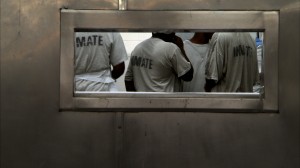
The House I Live In
Directed by Eugene Jarecki (U.S. 2012) 110 min. DCP.
Winner of the Grand Jury Prize at Sundance, Jarecki’s investigative look at America’s war on drugs gathers evidence and interviews experts including Michelle Alexander (author of The New Jim Crow, 2012); a judge in Iowa; academics from Harvard and John Jay College; several journalists; journalist/television producer David Simon (The Wire); and an officer in an Oklahoma corrections center. Introduced by Lissa Skitolsky, Associate Professor of Philosophy at Susquehanna University. Co-sponsored by the Lewisburg Prison Project, the Social Justice College at Bucknell, the Department of Geography, and the Department of Sociology-Anthropology.
“A shattering case against the War on Drugs, using street footage, prison footage and the closer-to-home story of Nannie Jeter, the Jarecki family’s longtime housekeeper, whose own son was arrested.” – Roger Ebert, Chicago Sun-Times
TOP OF PAGE
Tuesday, September 23 at 7pm
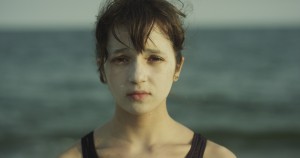
It Felt Like Love
Directed by Eliza Hittman (U.S. 2013) 82 min. DCP. With Gina Piersanti, Giovanna Salimeni, Ronen Rubinstein
Turning “the coming-of-age formula into a foreboding nightmare” (Indiewire), Hittman has proven herself a talent to watch, a new voice in American independent film distinctive for its unflinching honesty, refreshingly unsentimental tone and adept visualization of the furtive, longing world of adolescence. During a languid Brooklyn summer, 14-year-old Lila pursues her sexual awakening, her overt advances in pursuit of an older boy unmasking her inexperience, quiet desperation and vulnerability.
“One of the most involving and sensually lush debuts in recent memory, and a striking afterimage for all of Sundance.” – Cinema Scope
TOP OF PAGE
Tuesday, September 30 at 7pm

Policeman
Directed by Nadav Lapid (Israel, 2011) 105 min. DCP. With Yiftach Klein, Yaara Pelzig, Michael Mushonov. Hebrew with English subtitles.
Three years after the Village Voice named Policeman one of the five must-see films of the New York Film Festival, the film is finally receiving its U.S. release. Considering an unwell body politic, Lapid’s narrative segues adventurously from a soon-to-be father and member of an elite anti-terrorist squad to a group of bourgeois youths decrying Israeli socio-economic disparities. When the film’s two simmering halves meet, Israel’s routine clash with the “Palestinian enemy” is replaced with a threat from revolutionaries who “represent a side of Israel foreign not only to Yaron, but to the paradigm of national cinema Lapid is confronting” (Mark Peranson). Co-presented with Campus Jewish Life, with support from the Kalman Jewish Life and Learning Fund, and Hillel. Screening as part of Bucknell’s Israeli Film Series, running through November.
“An electrifying feature directing debut, [Policeman] traces the line between the group and the individual in a story that can be read as a commentary on the world as much as on Israel.” – Manohla Dargis, The New York Times
TOP OF PAGE
Tuesday, October 7 at 7pm

Bully
Directed by Lee Hirsch (U.S. 2011) 98 min. DCP.
Sundance and Emmy-award winning filmmaker Lee Hirsch turned his lens on America’s “bullying crisis” for this character-driven—and somewhat controversial—documentary. Filmed over the course of the 2009/2010 school year, Bully follows five kids and their families, including two families who have lost children to suicide, to study a problem that transcends geographic, racial, ethnic and economic borders. Co-presented with CARE (Community Alliance for Respect & Equality); screening follows the Stop the Hate/Unity Rally (6pm at Hufnagle Park). Introduced by Coralynn Davis, Bucknell Professor of Women’s and Gender Studies.
“Bully forces you to confront not the cruelty of specific children — who have their own problems, and their good sides as well — but rather the extent to which that cruelty is embedded in our schools and therefore in our society as a whole.” – A.O. Scott, NY TimesTOP OF PAGE
Johnny Guitar
Directed by Nicholas Ray (U.S. 1954) 110 min. 35mm. With Joan Crawford, Sterling Hayden, Scott Brady.
Ray’s utterly distinctive Western revolves around Vienna (Crawford), a financially savvy and fiercely independent saloonkeeper whose power makes the townspeople uneasy – so much so that another woman’s ancient jealousy foments the crowd into a lynch mob. It falls to the laconic Johnny Guitar to take a stand against them in this bizarre, captivating film the director himself described as “baroque—very baroque.”
“Pitched from beginning to end in a tone that is convulsive and passionate. There is really no other film quite like it….An intense, unconventional, stylized picture full of ambiguities and subtext that rendered it extremely modern.” – Martin Scorsese
TOP OF PAGE
Tuesday, October 21 at 7pm
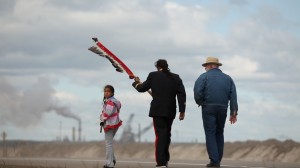
Elemental
Directed by Gayatri Roshan & Emmanuel Vaughan-Lee (U.S. 2012) 93 min.
From Canada’s Tar Sands and Keystone Pipeline, to India’s once-pristine Ganges, to Australian efforts to invest millions in revolutionary turbine devices, Elemental follows the stories of three eco-warriors, separated by oceans but united by their deep connection with nature and a commitment to confronting some of the most pressing environmental challenges of our time. Co-presented by the Bucknell Environmental Center. Introduced by Brand Green, Director of the Place Studies Program.“Elemental speaks to the importance of protecting the natural elements: water, air, earth. It’s a beautifully filmed piece, even when it’s showing us white clouds of pollutants billowing out of a smokestack.” – Washington Post
TOP OF PAGE
Tuesday, October 28 at 7pm
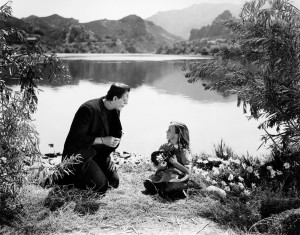
Frankenstein
Directed by James Whale (U.S. 1931) 71 min. 35mm. With Boris Karloff, Mae Clarke, John Boles
For this classic Universal horror film, Whale took total control over both the screenplay and the production design to plumb the subject’s visual possibilities for the macabre. But the film’s terror is not gruesome, nor is its monster particularly frightful. Rather, Frankenstein is wholly sympathetic, his fairytale-like birth and demise portrayed by Karloff with chilling eloquence. Selected in 1991 for the United States National Film Registry. Introduced by Rebecca Willoughby, Visiting Assistant Professor in Bucknell’s English department.
TOP OF PAGE
Tuesday, November 4 at 7pm
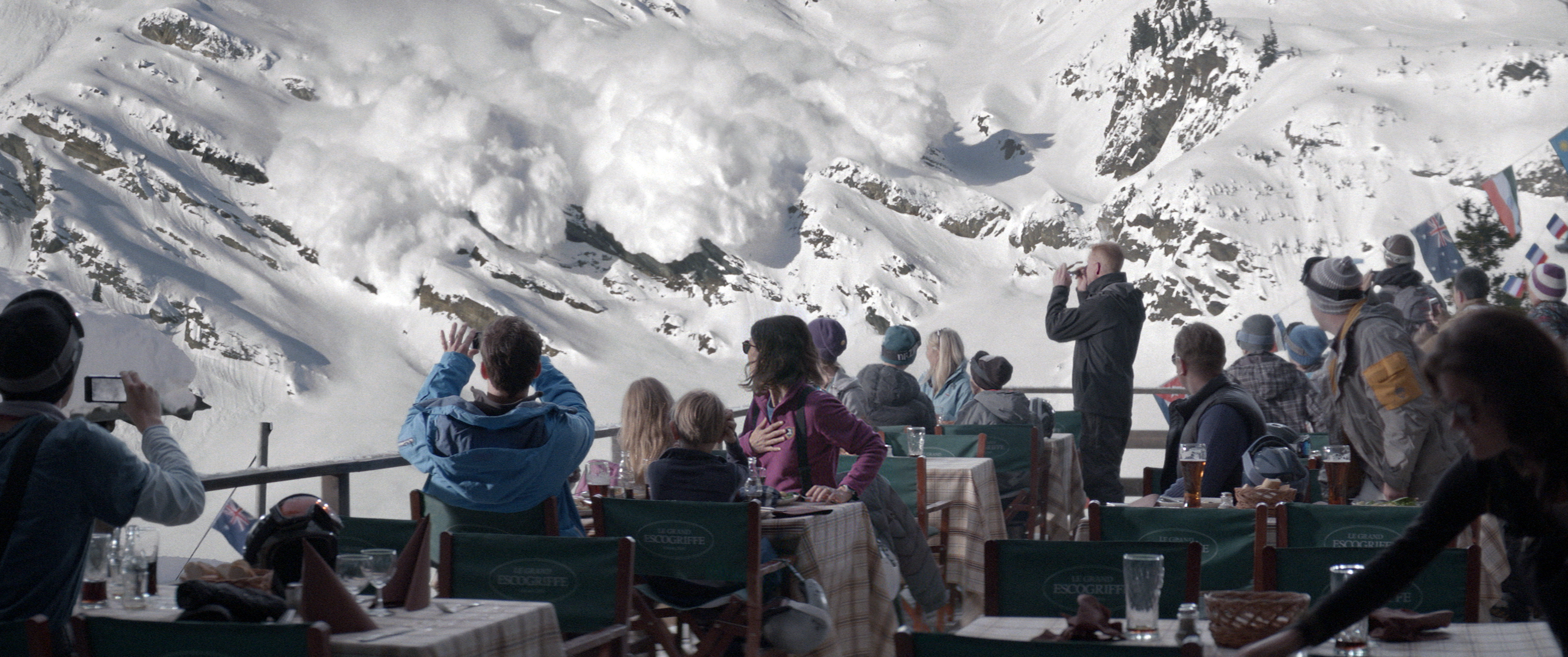
Force Majeure
Ruben Östlund (Sweden/Norway/Denmark/France 2014) 118 min. DCP. With Johannes Bah Kuhnke, Lisa Loven Kongsli, Clara Wettergren. Swedish/English/French with English subtitles.
A critical favorite at this year’s Cannes Film Festival, where it took the Jury Prize in Un Certain Regard, this wickedly funny and precisely observed psychodrama tells the story of a model Swedish family on a skiing holiday in the French Alps. When an avalanche suddenly bears down on the family, its patriarch acts in a way that shakes his marriage to its core. Östlund’s chronicling of the fallout has earned him comparisons to such masterful cinematic social critics as Michael Haneke and countryman and mentor Roy Andersson.
“It doesn’t sound funny… but Ruben Östlund’s psychological drama builds, subtly, to a hilarious takedown of masculinity. This is pure filmmaking, controlled and acute, and a real conversation-starter.” – “30 Movies to See This Fall,” Time Out New York
TOP OF PAGE
Tuesday, November 11 at 7pm
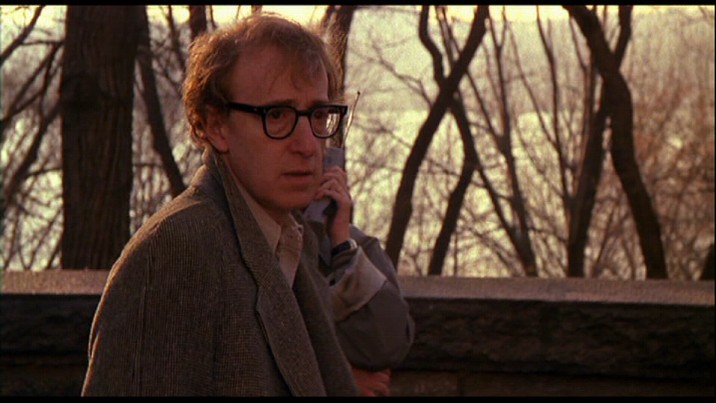
Crimes and Misdemeanors
Woody Allen (U.S. 1989) 104 min. 35mm. With Woody Allen, Alan Alda, Martin Landau.
Clearly influenced by his admiration for Ingmar Bergman’s cinematic worldview – an absent God and the universe’s indifference to the problems of mere mortals – Allen conceived a story in which Manhattanites grapple with alternately shocking and hilarious philosophical quandaries concerning adultery. The ensemble piece features Mia Farrow, Sam Waterston, Angelica Huston and more. Co-sponsored by the Bucknell Philosophy Department.
“The movie’s secret strength – its structure, really – comes from the truth of the dozens and dozens of particular details through which it arrives at its own very hesitant, not especially comforting, very moving generality.” – Vincent Canby, New York Times
TOP OF PAGE
Tuesday, November 18 at 7pm

Alchemy and Ecosystems – Filmmaker Sarah J. Christman in Person!
Single Stream (Pawel Wojtasik, Toby Lee, Ernst Karel; U.S. 2014, 23 min.)
Blurring the line between observation and abstraction, Single Stream plunges the viewer into the steady flow of a Boston area recycling facility and the waste it treats, examining the material consequences of our society’s culture of excess.
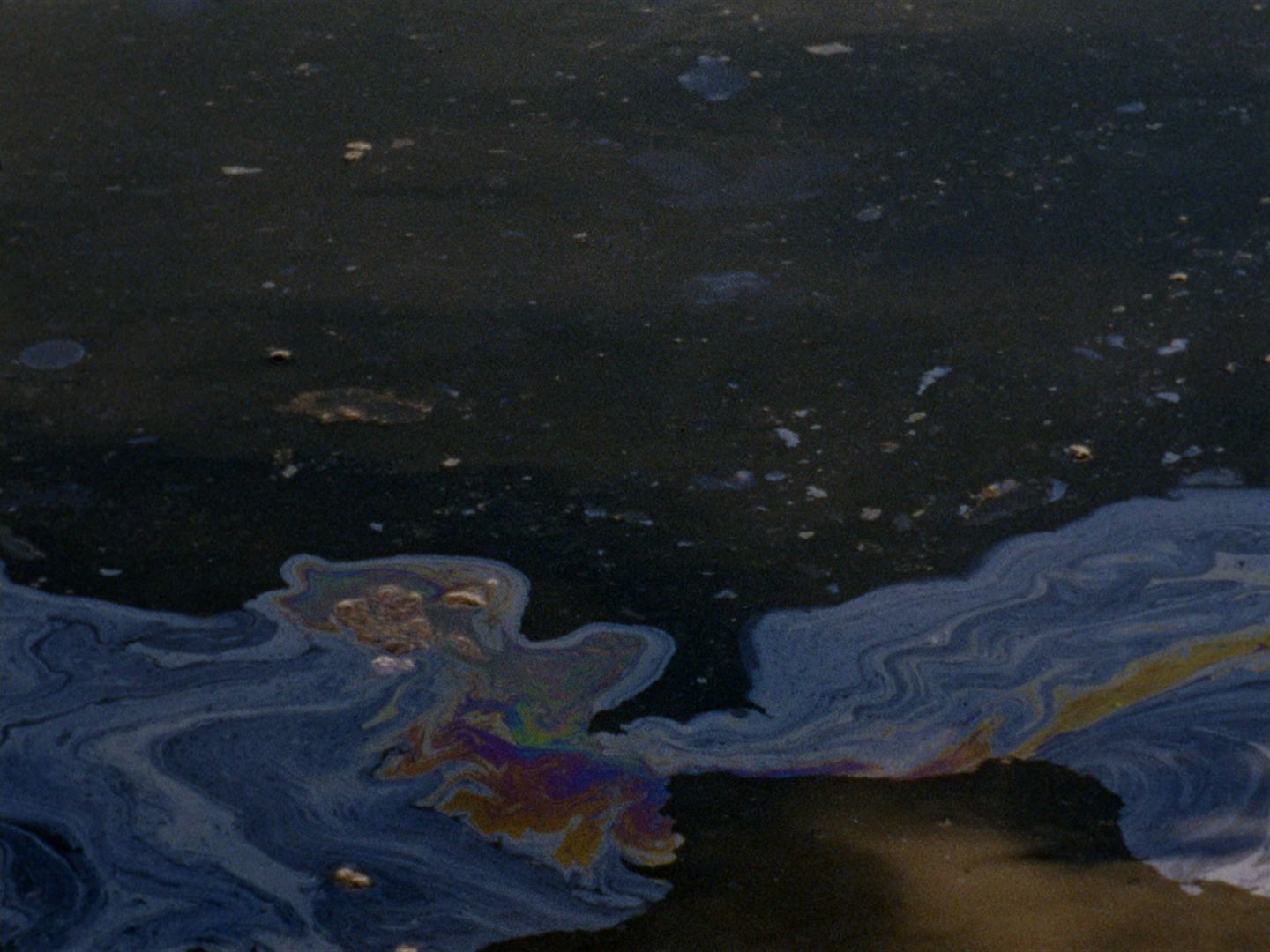
Gowanus Canal (Sarah Christman; U.S. 2013, 7 min.)
Just below the surface of one of the most contaminated urban waterways in the United States, microorganisms thrive amidst the toxic waste. Christman combines elegant observations of the Gowanus Canal by day – iridescent oil-slicks and bargemen going about their work – with works by artist and environmental researcher Jenifer Wightman.
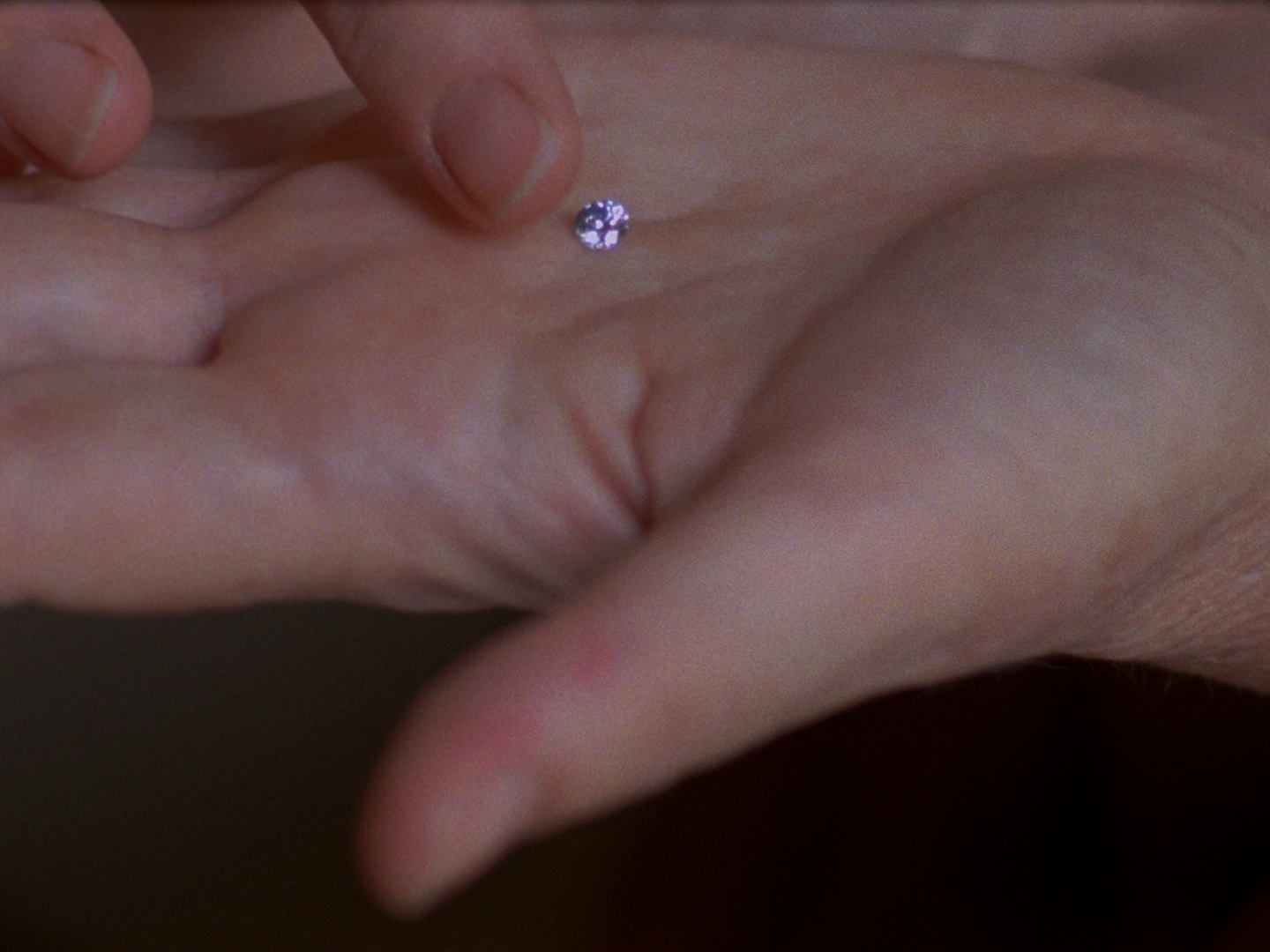
As Above, So Below (Sarah Christman; U.S. 2012, 50 min.)
Christman’s delicate rumination on the nature of mortality focuses on the ecological impact of human consumption. Several years after her husband’s death from cancer, the filmmaker’s mother has a “memorial diamond” created through a process that extracts, purifies, and compresses carbon from human remains. Christman weaves this personal story into an exploration of various physical transformations in places such as Dead Horse Bay, where waste seeps out of the shoreline; Staten Island’s Fresh Kills landfill, now an in-process public park; and a Belgian recycling plant where precious metals are salvaged from obsolete electronics. Co-sponsored by the Bucknell Center for Sustainability and the Environment.
“Shedding light on local and global acts of alchemy, As Above, So Below is a deeply personal and thought-provoking reflection on the ephemeral life of material objects.” – Museum of Modern Art
TOP OF PAGE
Tuesday, November 25 at 7pm
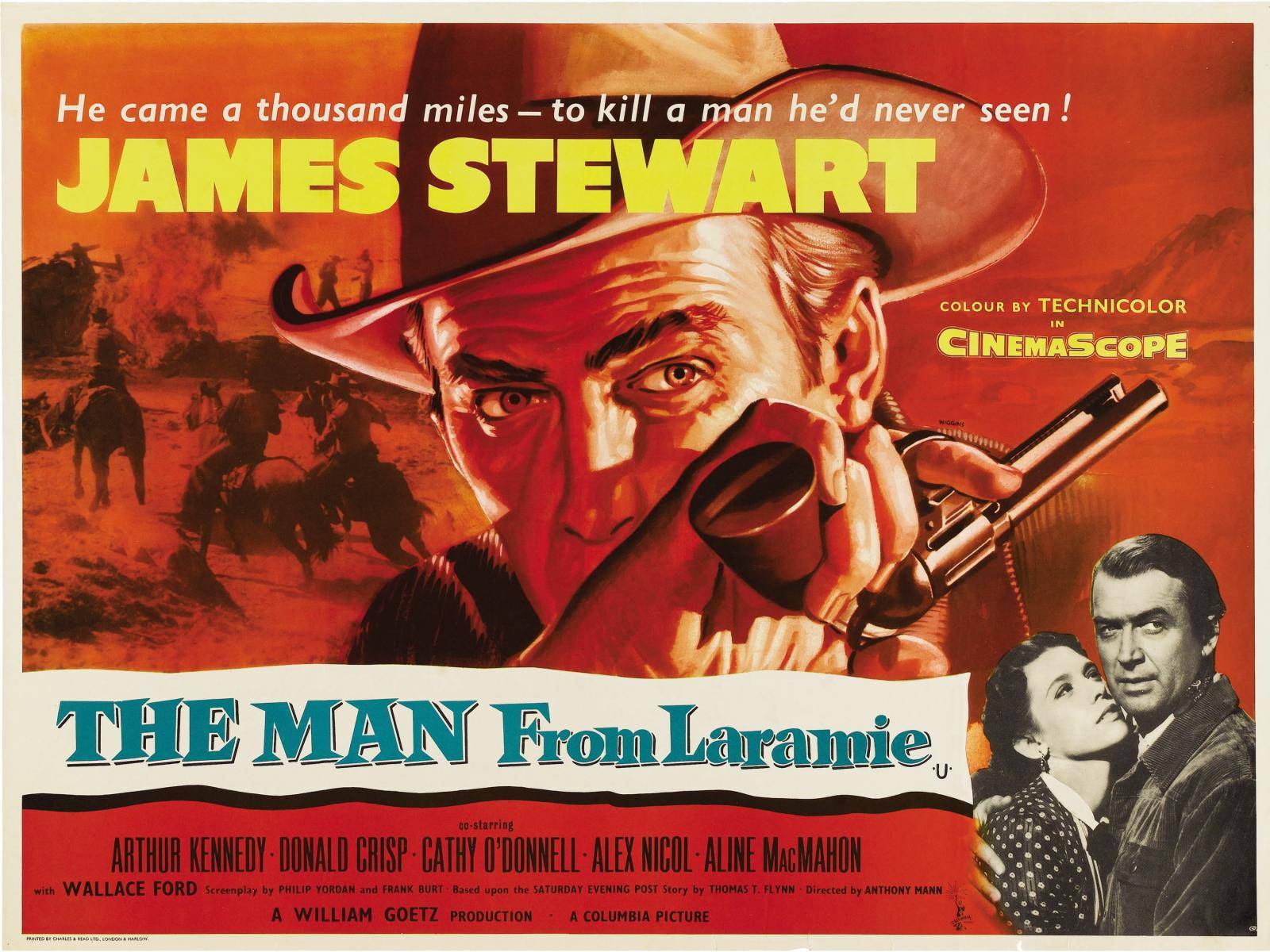
The Man from Laramie – 4K Restoration!
Anthony Mann (U.S. 1955) 104 min. DCP. With James Stewart, Arthur Kennedy, Donald Crisp.
This emotionally intense Technicolor Western was shot on location in New Mexico, and was one of the first in the genre to be shot in CinemaScope. Stewart, in the last of his five collaborations with director Anthony Mann, plays a stranger investigating the circumstances around the death of his brother, who runs afoul of a cattle baron, his miscreant son and his foreman. A Sony Pictures release.
“A film that reflects the director’s unfinished project to make a Western version of King Lear… If Shakespeare’s historical plays reflect the power politics of the Elizabethan era, The Man From Laramie also indirectly reflects those underground Cold War tensions often expressed in marginalized genres such as film noir, the Western, and the melodramas of Douglas Sirk.” – Tony Williams, Senses of Cinema
Actress – Director Robert Greene and Actress Brandy Burre in Person!
Robert Greene (U.S. 2014) 86 min. DCP. With Brandy Burre.
Brandy Burre had a recurring role on HBO’s The Wire when she gave up her career to start a family. Director Robert Greene observes Burre as she decides to reclaim her life as an actor – and the domestic world she’s carefully created crumbles around her. Actress is at once the portrait of a complicated woman, performing the role of herself, and an at times unsettling fusion of the melodrama and cinema verité genres. The film was regularly singled out as a highlight among the new films selected for the Film Society of Lincoln Center’s celebrated “Art of the Real” series last April. Presented thanks to the support of Bucknell’s University Lectureship Committee.
“A film that doesn’t differentiate between its obviously contrived scenes and its simply authentic ones—and which also implies that doing so might not be possible anyway… The most fascinating thing about [Actress] isn’t the way it plays with convention or form, but rather its tacit suggestion that all documentaries engage in (and strive to disguise) similar tactics.” – Adam Nayman, Cinema Scope
TOP OF PAGE
Tuesday, December 9 at 7pm
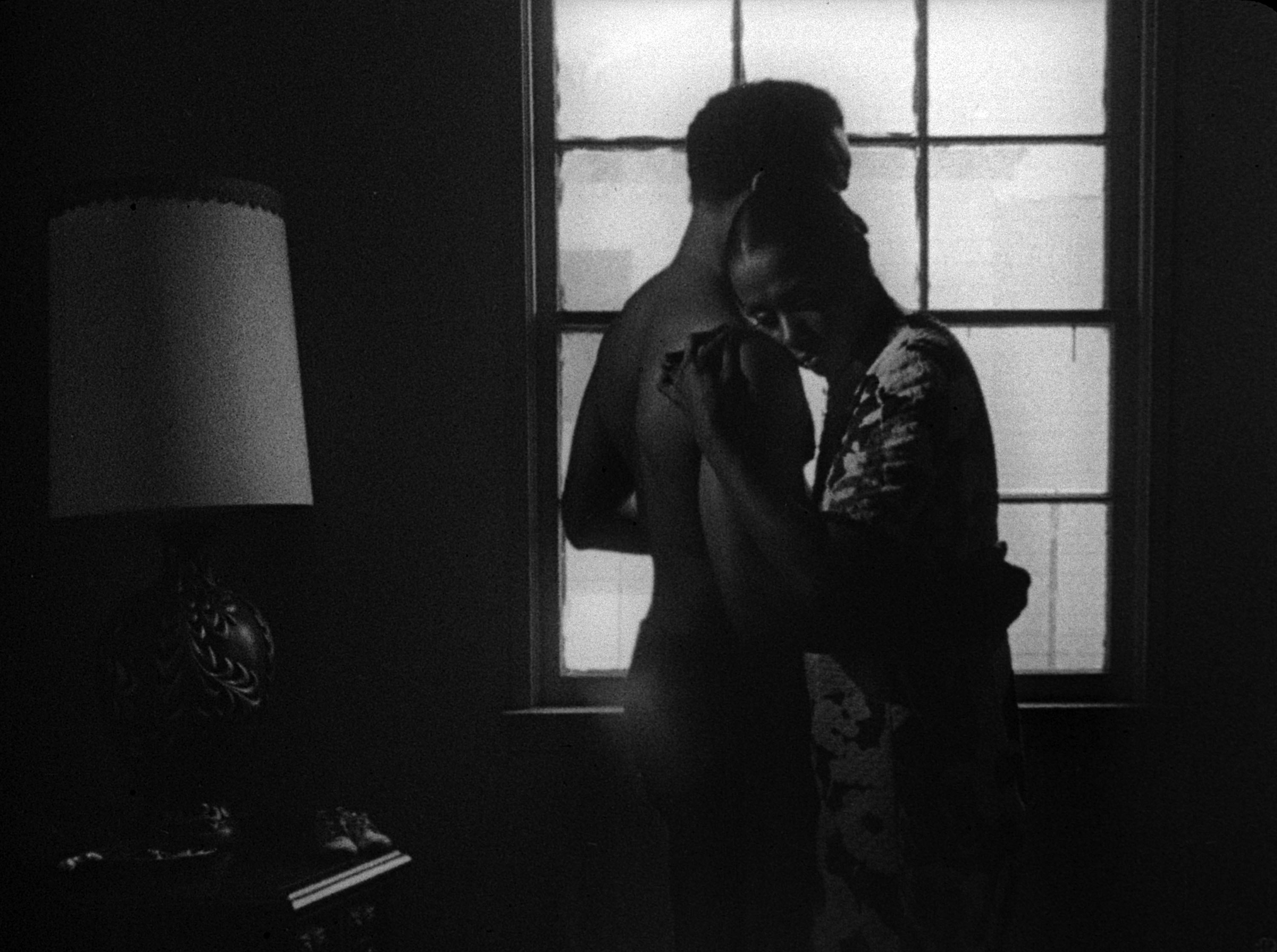
Killer of Sheep
Charles Burnett (U.S. 1977) 82 min. 35mm. With Henry Gayle Sanders, Kaycee Moore, Charles Bracy, Angela Burnett.
Writer-director Charles Burnett examined the black Los Angeles ghetto of mid-70s Watts through the eyes of Stan, a sensitive dreamer growing detached from the psychic toll of working at a slaughterhouse yet finding moments of respite slow dancing with his wife in the living room and holding his daughter. Compared by film critics to Italian neorealist films like Vittorio De Sica’s The Bicycle Thief, Killer of Sheep was shot on location near Burnett’s family home with a mostly amateur cast of friends and acquaintances and documentary-style cinematography. In 1990, the Library of Congress selected it as one of the first fifty films on the National Film Registry, and in 2002 the National Society of Film Critics named it one of the 100 Essential Films of all time – essential accolades for a film that had never been shown theatrically or made available on video due to the expense of music rights. Thanks to a UCLA Film and Television Archive restoration and Milestone Films, the film finally received an international release in 2007. Introduced by Ken Eisenstein, Visiting Assistant Professor in Film/Media Studies. Co-sponsored by Bucknell’s Center for the Study of Race, Ethnicity and Gender (CSREG) and the Griot Institute for Africana Studies.
“As fresh and observational as it was 30 years ago, Killer of Sheep seems even more universal now. [It] is an urban pastoral… sweet, sardonic, deeply sad and very funny.” – J. Hoberman, Village Voice
TOP OF PAGE
Wednesday, December 17 at 7pm
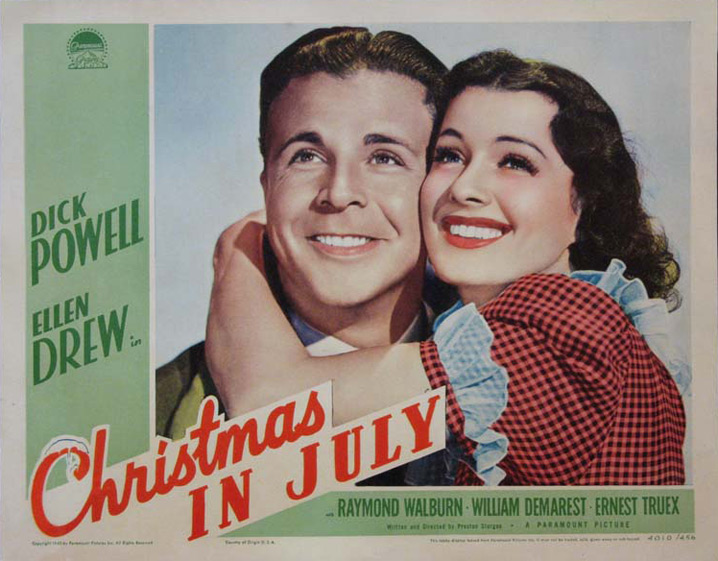
Christmas in July
Preston Sturges (U.S. 1940) 67 min. 35mm. With Dick Powell, Ellen Drew, Raymond Walburn, William Demarest.
Film critic Manny Farber called writer-director Preston Sturges “the most spectacular manipulator of sheer humor since Mark Twain.” Christmas in July is an effervescent, timelessly witty and satirical fable about a coffee company’s advertising jingle contest that sharply debunks the American dream of overnight success; it is also one of the director’s emotionally richest and sweetest films, packed with the inevitable Sturgian wallop of compassion and emotion that will leave few viewers unaffected.
“The most underrated of Sturges’ movies—Christmas in July is a riotous comedy-satire about capitalism that bites so deep it hurts. This captures the mood of the Depression more completely than most 30s pictures, and the brilliantly polyphonic script repeats the hero’s dim-witted slogan so many times that it eventually becomes a kind of crazed tribal incantation. As usual, Sturges’s supporting cast is luminous, and he uses it like instruments in a madcap concerto.” – Jonathan Rosenbaum, Chicago Reader
